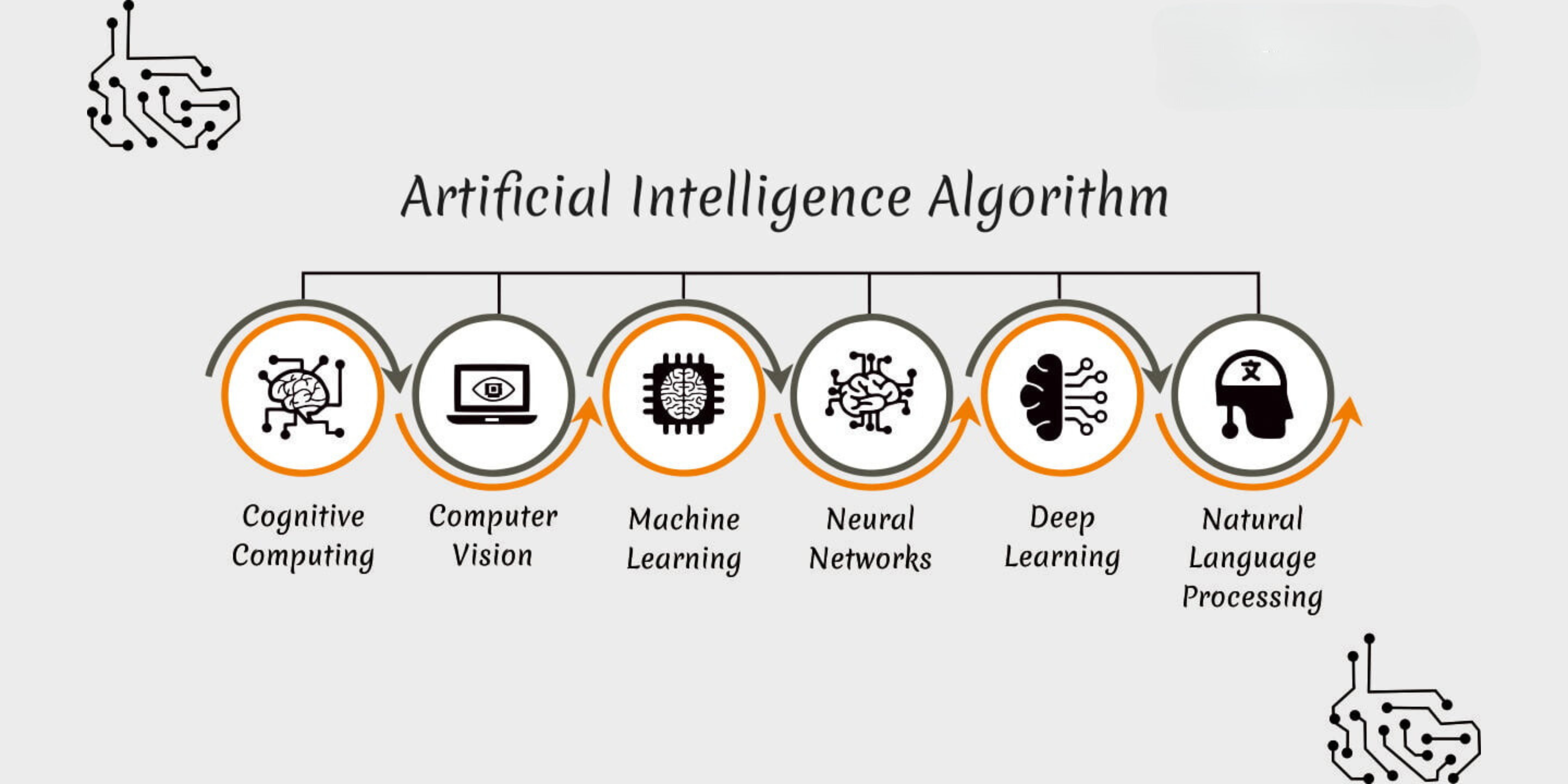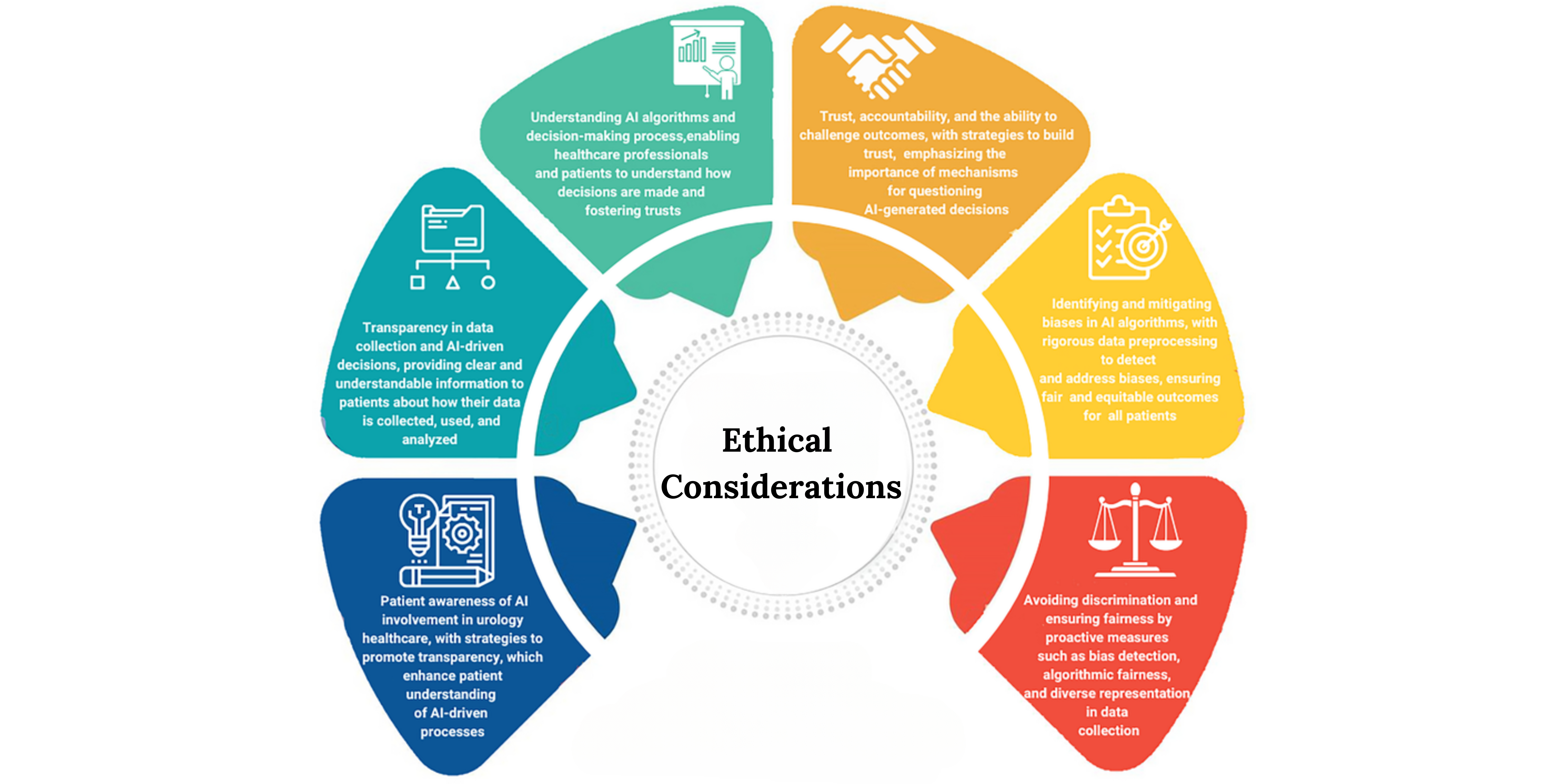Introduction
In the rapidly evolving landscape of education, artificial intelligence (AI) is playing an increasingly prominent role. As we witness the integration of AI in various educational settings, a critical question arises: Does AI make information more accessible or less reliable?
AI Enhancing Accessibility
A. Adaptive Learning Platforms:
AI-driven adaptive learning platforms have revolutionized education by tailoring learning experiences to individual students. This section delves into the mechanisms behind these platforms and provides examples of how they have significantly improved accessibility for diverse learners.
B. Language Processing for Special Needs Students:
For students with language and learning disabilities, AI tools are becoming indispensable. Explore the ways in which AI aids these students, backed by real-life examples showcasing the positive impact on special needs education.

C. Global Access to Education:
AI is breaking geographical barriers and providing education in remote areas. Discuss initiatives and projects that leverage AI to bridge educational gaps globally, making quality education accessible where it was once limited.
Challenges to Information Reliability
A. Biases in AI Algorithms:
Uncover the inherent biases within AI systems and their implications on educational content. Provide examples illustrating how biases can affect the reliability of information delivered through AI in education.
B. Quality Control in Educational AI:
The accuracy and reliability of AI-generated educational content are paramount. Explore the importance of quality control, the challenges involved, and the potential consequences of misinformation in the educational AI landscape.

C. Dependence on Technology:
Examine the risks associated with over-reliance on AI in education. Explore the delicate balance between traditional teaching methods and the integration of AI-driven approaches in the quest for enhanced accessibility.
Impact on Teacher-Student Dynamics
A. Shift in Teacher Roles:
AI’s influence extends beyond student experiences to reshape the role of educators. Discuss how AI impacts teachers in the classroom and provide examples of successful collaborations between teachers and AI.
B. Student Critical Thinking Skills:
Investigate the impact of AI on students’ critical thinking skills. Discuss how accessibility can be balanced with the development of these crucial skills, ensuring a well-rounded educational experience.

Case Studies
A. Positive Examples of AI in Education:
Highlight specific case studies where AI has positively impacted accessibility in education. Evaluate the reliability of information in these cases, showcasing the potential benefits of AI.
B. Instances of AI Challenges in Education:
Present real-world cases where AI has posed challenges in terms of reliability. Discuss the lessons learned from these instances and explore potential improvements for future implementations.
Striking a Balance
A. Ethical Considerations:
Delve into the ethical responsibilities associated with using AI in education. Discuss the need for a balanced approach, addressing both accessibility and reliability, and propose strategies to achieve this equilibrium.

Future Outlook
A. Advancements in Educational AI:
Explore upcoming developments in AI technology for education. Provide insights into how these advancements might impact accessibility and reliability, shaping the future of education.
Frequently Asked Questions
AI plays a crucial role in making education more accessible by tailoring learning experiences to individual students. Adaptive learning platforms, language processing tools, and global education initiatives powered by AI contribute to breaking down barriers and providing learning opportunities to a diverse range of students.
Adaptive learning utilizes AI algorithms to customize educational content based on individual student needs. By adapting to the pace, preferences, and learning styles of each student, these platforms enhance accessibility by providing personalized and targeted learning experiences.
Ensuring the reliability of information in AI-driven education involves implementing robust quality control measures. The blog will discuss the importance of accuracy, strategies for quality control, and potential consequences of misinformation in the educational AI landscape.
The blog will explore the influence of AI on students’ critical thinking skills, addressing concerns about whether increased accessibility through AI may compromise the development of these essential cognitive abilities.
Conclusion
In conclusion, the integration of AI in education is a complex journey with both opportunities and challenges. Summarize the key points discussed, emphasizing the need for ongoing discussions, research, and ethical considerations in leveraging AI for accessible and reliable education.
